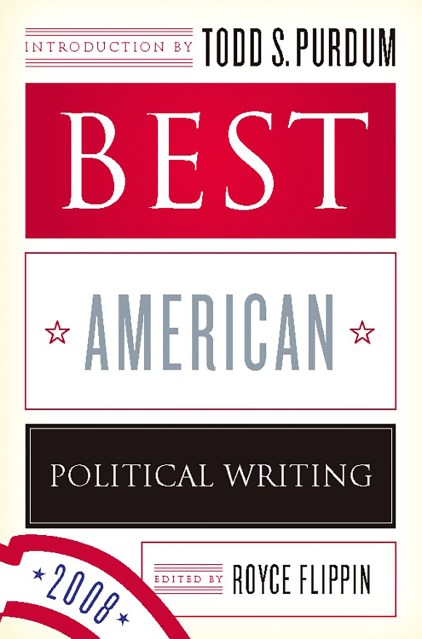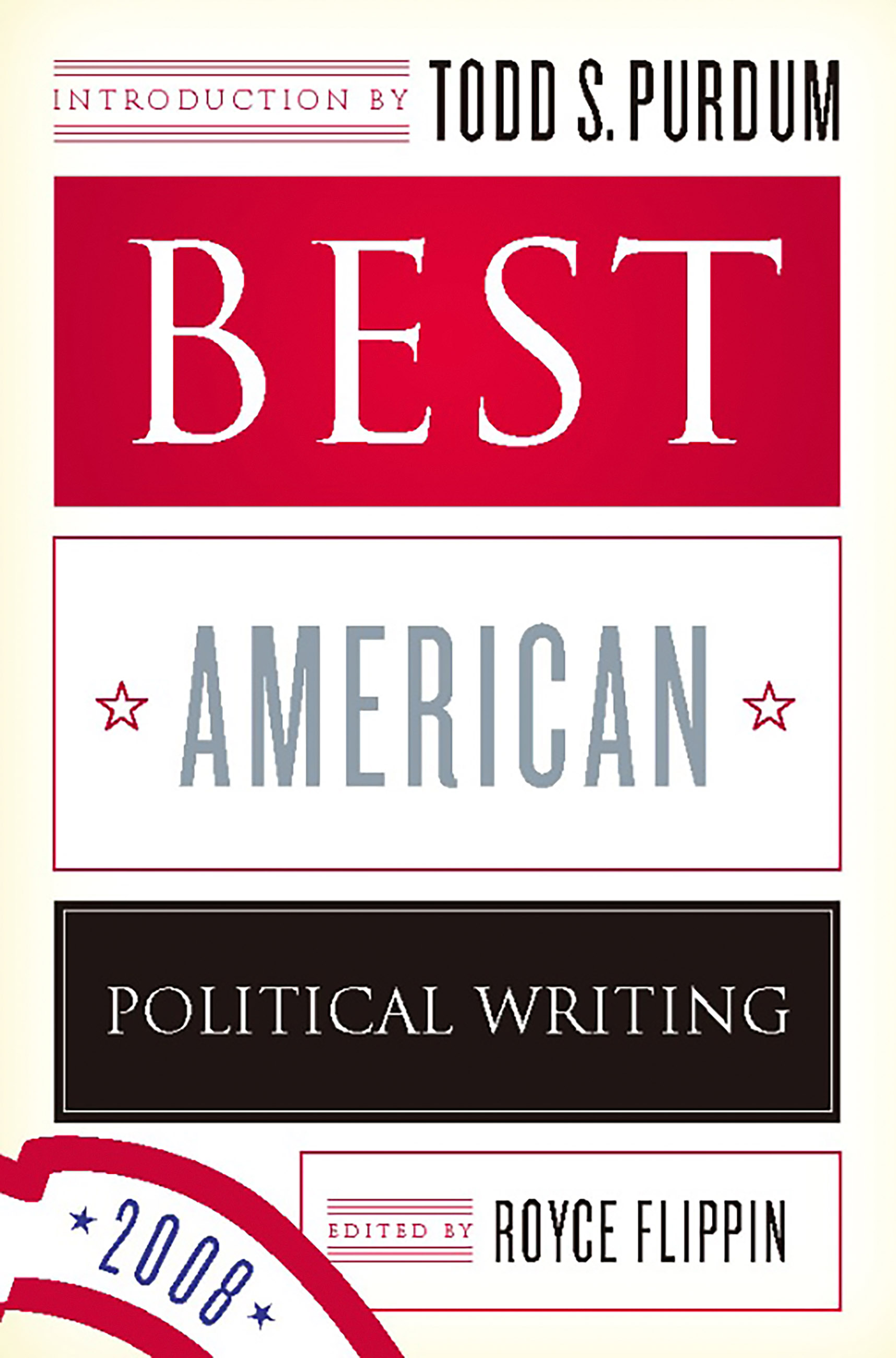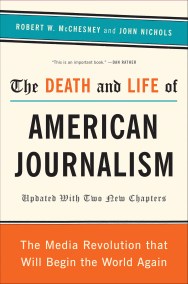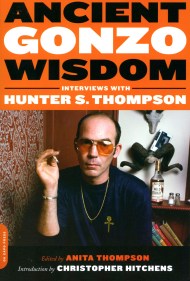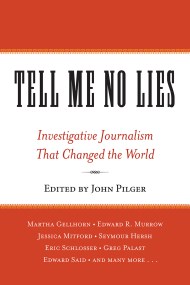Promotion
Use code MOM24 for 20% off site wide + free shipping over $45
Best American Political Writing 2008
Contributors
Edited by Royce Flippin
Formats and Prices
Price
$11.99Price
$15.99 CADFormat
Format:
ebook $11.99 $15.99 CADThis item is a preorder. Your payment method will be charged immediately, and the product is expected to ship on or around October 20, 2008. This date is subject to change due to shipping delays beyond our control.
Also available from:
Selections will include Jane Mayer’s investigation of the various highly coercive interrogation techniques routinely employed by the CIA and the Pentagon, Jonathan Chait’s report on how radical economic extremists have hijacked national policy, Andrew Sullivan’s article on “Why Barack Obama Matters,” George Packer’s analysis of the contrasting appeals of Obama and Hillary Clinton, Parag Khanna on America’s struggle to retain its status as the world’s great superpower, and John Judis’s essay on how politicians wield power by tapping into our deepest anxieties, from such publications as The New Yorker, The New Republic, the Atlantic Monthly, The New York Times Magazine, Esquire, and Vanity Fair.
Genre:
- On Sale
- Oct 20, 2008
- Page Count
- 400 pages
- Publisher
- PublicAffairs
- ISBN-13
- 9780786726592
Newsletter Signup
By clicking ‘Sign Up,’ I acknowledge that I have read and agree to Hachette Book Group’s Privacy Policy and Terms of Use
